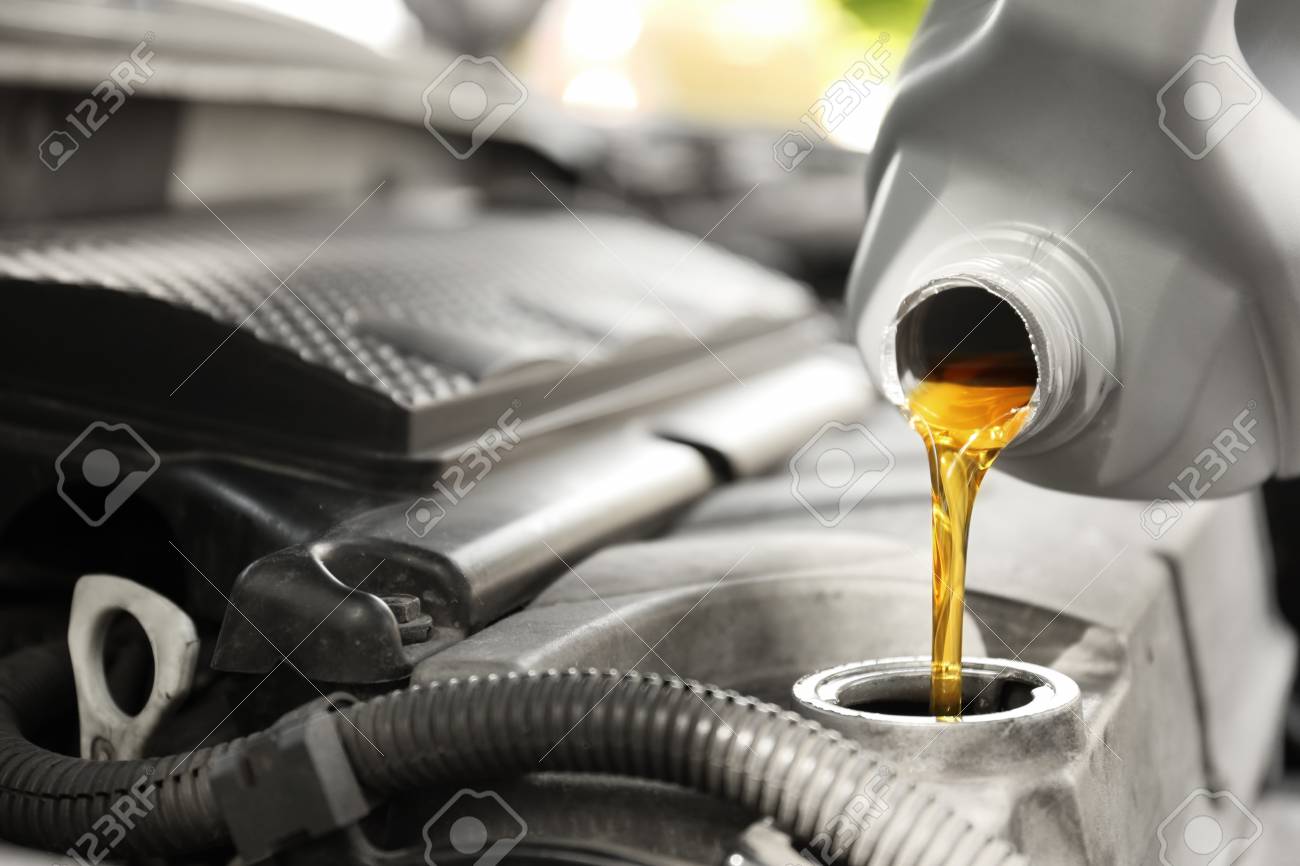
November is here at The Storage Inn in Egg Harbor Township, New Jersey, and the phone is ringing constantly with our yearly winter vehicle storage customers, looking for a storage unit to put their car, truck or van to bed for the winter. Most of them are yearly customers – some are snowbirds heading south for the winter where they have another vehicle waiting – and some are classic car owners who only drive their vehicles during the warm sunny months.
One thing that I have learned in my years in the self storage business is that there is more to storing a vehicle for the winter than just rolling it in and pulling the door shut. There is some preparation involved and precautionary steps that should be taken.
Here are some tips courtesy of The Storage Inn…
Clean it up
Clean, dry and preferably waxed is the best condition to have your car in before it goes to sit for months in a vehicle storage facility. Salt and moisture are obvious culprits, so make sure it isn’t just a surface clean either, and make sure there’s a chance to dry before covering things up.

Where to Store Your Car?
For those of us who have no garage, like myself, or have a garage that is packed full of things other than automobiles, Self Storage is the next best thing. Choose a storage facility with good security, that is well-lit, and offers clean, dry units of the appropriate size – 10 x 20 should be your starting point.

Fill it up.
Over the course of a winter, fluctuating temperatures can cause moisture in your fuel tank. With older cars especially, which means rust and a clogged fuel filter come the spring. The simplest way to combat this is to fill up the tank before you park for the winter, particularly with higher-octane, low-ethanol fuel. A smaller volume of empty air in the tank will help prevent moisture buildup, and will dilute contaminants.
The second thing to do is to invest in fuel stabilizer, which will prevent water from separating from the gasoline.

Check the Pressure
Your tires should always be at the correct pressure, but for those who park their car for long periods, pressure is extremely important. Add a few extra pounds of pressure to avoid developing flat spots – and make sure you’re taking pressure readings when cold.
Another method is to take the weight off the tires completely using jack stands. This isn’t necessarily recommended for older vehicles prone to sagging frames, nor for newer vehicles with air-adaptive suspensions.
One last, easy trick is to park the car with a flat section of 2-inch by 10-inch wood boards or similar under each tire. This provides a mild insulating effect if you’re parking on concrete, and will help keep the rubber from hardening up too much.
Oil and water
Change your oil just before parking your car, and then leave it be. Starting your car periodically without letting the engine come to full operating temperature can cause condensation to form in the exhaust system, rusting things out.

Antifreeze is an obvious check, but one that can get overlooked. You want to have this handled before you park the car, as the proper mixture needs to circulate through the engine’s radiator before you shut down for the winter.
Keeping water out of the interior is critical too. Use moisture absorbers such as damp check to keep your storage unit dry as possible.
Cover your baby!
Simply throwing a bed sheet over a car used to be good enough in the old days, and in many ways it’s still pretty effective. Whatever you use, make sure it’s breathable and properly secured. And avoid using a tarp, which can trap moisture!
So now that you’re armed with car and truck self storage tips courtesy of The Storage Inn, you can get down to the business of storing your vehicle for the winter properly. Let’s hope that it goes by quickly – See you in the spring!


